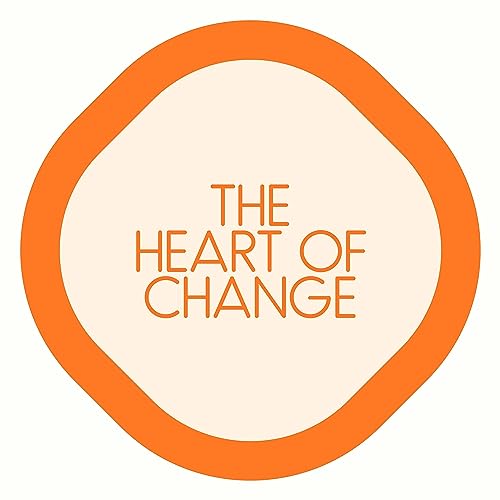-
Podcards
- By: Maitri
- Podcast
Failed to add items
Sorry, we are unable to add the item because your shopping cart is already at capacity.
Add to basket failed.
Please try again later
Add to wishlist failed.
Please try again later
Remove from wishlist failed.
Please try again later
Adding to library failed
Please try again
Follow podcast failed
Unfollow podcast failed
-
Summary
Episodes
-
![[0039]Accepting the end](https://m.media-amazon.com/images/I/31QPfJVefWL._SL500_.jpg) Mar 30 20224 mins
Mar 30 20224 minsFailed to add items
Sorry, we are unable to add the item because your shopping cart is already at capacity.Add to basket failed.
Please try again laterAdd to wishlist failed.
Please try again laterRemove from wishlist failed.
Please try again laterAdding to library failed
Please try againFollow podcast failed
Unfollow podcast failed
-
![[0038]Indulging livingness](https://m.media-amazon.com/images/I/41k4zOz6UYL._SL500_.jpg) Mar 28 20223 mins
Mar 28 20223 minsFailed to add items
Sorry, we are unable to add the item because your shopping cart is already at capacity.Add to basket failed.
Please try again laterAdd to wishlist failed.
Please try again laterRemove from wishlist failed.
Please try again laterAdding to library failed
Please try againFollow podcast failed
Unfollow podcast failed
-
![[0037]Facing fears](https://m.media-amazon.com/images/I/31rtd-i6ChL._SL500_.jpg) Mar 25 20224 mins
Mar 25 20224 minsFailed to add items
Sorry, we are unable to add the item because your shopping cart is already at capacity.Add to basket failed.
Please try again laterAdd to wishlist failed.
Please try again laterRemove from wishlist failed.
Please try again laterAdding to library failed
Please try againFollow podcast failed
Unfollow podcast failed


